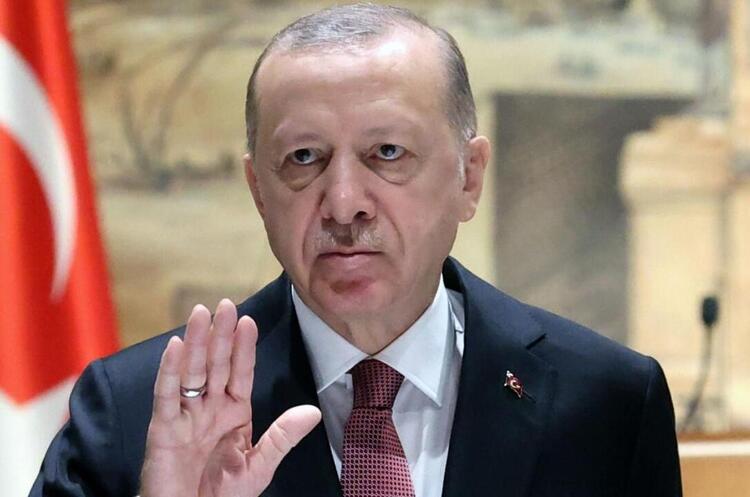Turkey has cut off almost half of its supplies to Russia due to the threat of US sanctions
Trade in some goods has stopped completely, including the export of machinery

Turkey, which has become one of Russia's main anti-sanctions hubs, sharply reduced its supplies in early 2024. Amid problems with Turkish banks, which began to massively block payments from Russian companies, exports from Turkey to Russia fell by 39% in January, Reuters reports, citing preliminary customs statistics.
In the first month of the year, Turkish companies supplied $631 million worth of goods to the Russian market, compared to almost $1 billion in January-2023.
Trade in some goods has stopped completely.
"Exports of machinery, in particular, have stopped, simply because of the similarities with military equipment," a source familiar with the situation told Reuters.
Last year, Turkey shipped a record $10.9 billion worth of goods to Russia, twice as much as before the war. It also sharply increased its purchases of Russian oil, which amounted to 12 million tonnes in 2022 and almost 9 million in January-November last year.
Disruptions in Russian-Turkish payments began after US President Biden signed an executive order on 22 December, according to which firms that help Russia circumvent sanctions risk losing access to the US financial system.
Financial institutions that do business on behalf of those subject to US sanctions are at risk, the decree said.
On 1 February, the Kremlin said it was aware that Turkish banks were tightening their rules for working with Russian clients due to US pressure and that it was working with Turkey to find solutions. On Friday, Russian Central Bank Governor Elvira Nabiullina said that there are additional difficulties in foreign trade operations.
A Turkish banker told Reuters that banks are extremely careful to follow procedures when it comes to sanctions and scrutinise all transactions.
The problems have even affected Russian oil producers, who, according to a Reuters source, have been unable to receive money from Turkey for the oil they have sold for about three weeks. Negotiations with Ankara have so far yielded no results: the problem persists and is "very serious," the Russian ambassador to Turkey said on Sunday.
If you have read this article to the end, we hope that means it was useful for you.
We work to ensure that our journalistic and analytical work is of high quality, and we strive to perform it as competently as possible. This also requires financial independence. Support us for only UAH 196 per month.
Become a Mind subscriber for just USD 5 per month and support the development of independent business journalism!
You can unsubscribe at any time in your LIQPAY account or by sending us an email: [email protected]



